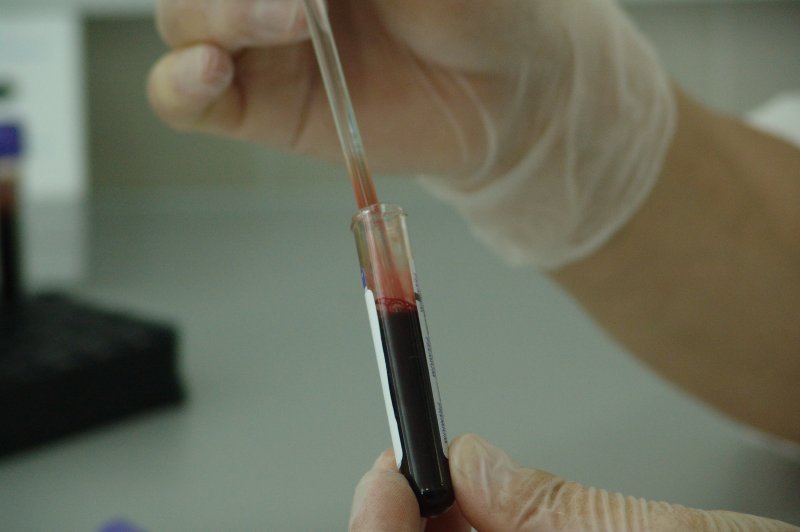An American Cancer Society-led study reveals that one in four oncologists fails to address issues of cost associated with genetic testing. File Photo courtesy of Pxhere
Nov. 1 (UPI) -- Apparently, some oncologists want to avoid giving their cancer patients sticker shock -- at least when discussing genetic testing.
According to an analysis performed by researchers affiliated with the American Cancer Society, nearly one in four oncologists that discusses genomic testing with their patients rarely, or never, mentions the costs of these evaluations.
The findings were published Friday in JNCI: The Journal of the National Cancer Institute.
This is significant because charges for the tests, which are being used more and more in cancer care, can exceed $2,000 -- and not all health insurance plans cover the evaluations or the treatments recommended based on the findings, per the National Institutes of Health.
"Medical financial hardship, such as problems paying medical bills or delaying or forgoing care because of cost, is increasingly common in cancer patients and survivors," study co-author Robin Yabroff, epidemiologist and senior scientific director in health services research at ACS, told UPI. "Genomic testing and related treatments for cancer can be expensive and even patients with private health insurance coverage may face high out-of-pocket costs. Oncologists play a central role in the discussion of treatment options with their patients."
For the study, the researchers analyzed data from 1,220 oncologists who reported discussing genomic testing with their cancer patients in the 2017 National Survey of Precision Medicine in Cancer Treatment, a survey sponsored by the National Cancer Institute, National Human Genomic Research Institute, and the ACS.
Of the oncologists surveyed, 50 percent reported often discussing the likely costs of testing and related treatments, while 26.3 percent indicated that they talked price "sometimes." And, 23.7 percent said they "never or rarely" discussed costs when recommending genetic testing.
"Many oncologists do discuss the costs of genomic testing and related treatment," Yabroff noted. "It is also important for cancer patients and their families to ask questions about their treatment options to ensure informed decisions about care."
The ACS offers educational materials for patients focused on managing the costs associated with treatment, Yabroff added. The National Cancer Institute also has recommendations.
Depending on the type of cancer involved, genomic testing on disease cells can help determine which treatments may be more effective. In general, the costs of cancer care are rising in the United States, with "high patient out-of-pocket costs for cancer treatment an increasing concern," the ACS said in a press release. Discussions of costs associated with genomic testing "may inform treatment decision making and help cancer patients prepare for high expenses," the Society added.
Dr. Walid L. Shaib, an assistant professor in the Department of Hematology and Medical Oncology at Emory University School of Medicine in Atlanta and an oncologist who specializes in gastrointestinal cancers, said the cost of genomic tests should be a fundamental part of the physician-patient consultation. He advises those consulting with cancer specialists to broach the topic themselves if their doctors fail to bring it up.
"Patients deserve access to quality, affordable and evidence-based care," added Cathryn Donaldson, director of communications for America's Health Insurance Plans, an industry group of coverage providers. "Overall, genetic testing may be covered by health insurance providers when deemed medically necessary, with a patient displaying symptoms or at risk of inheriting a mutated gene. However, more than costs, genetic testing is still in an early stage."















